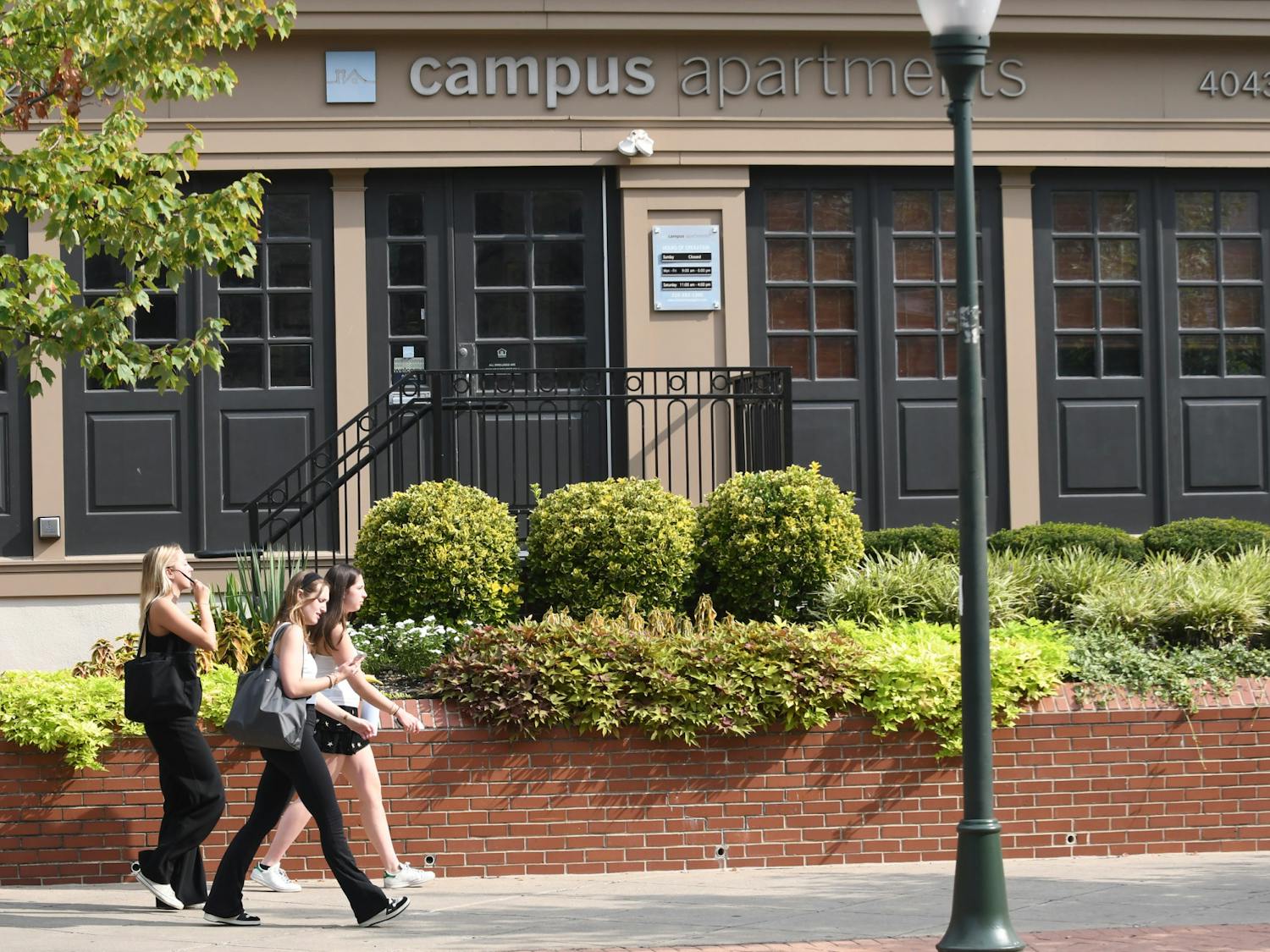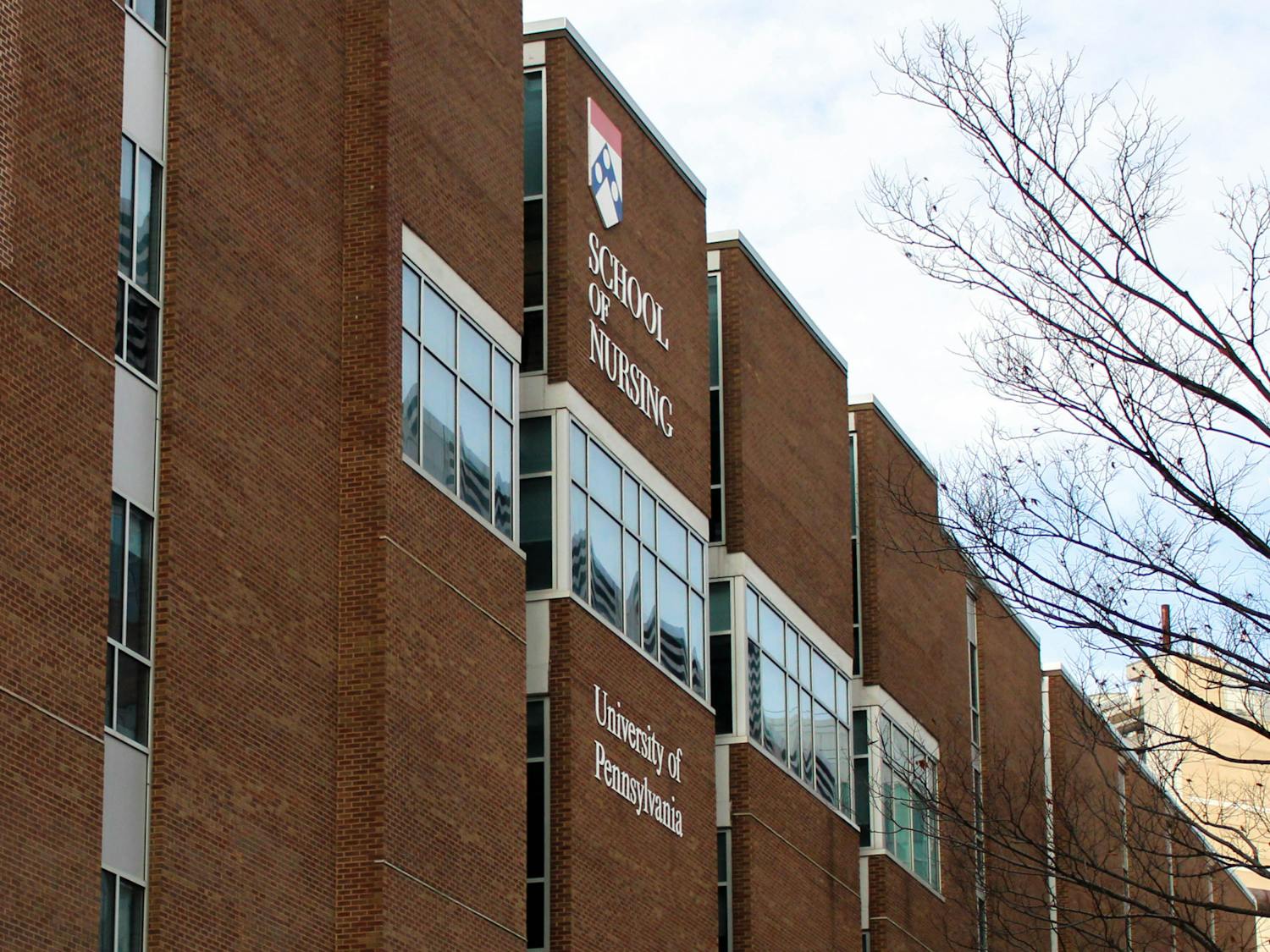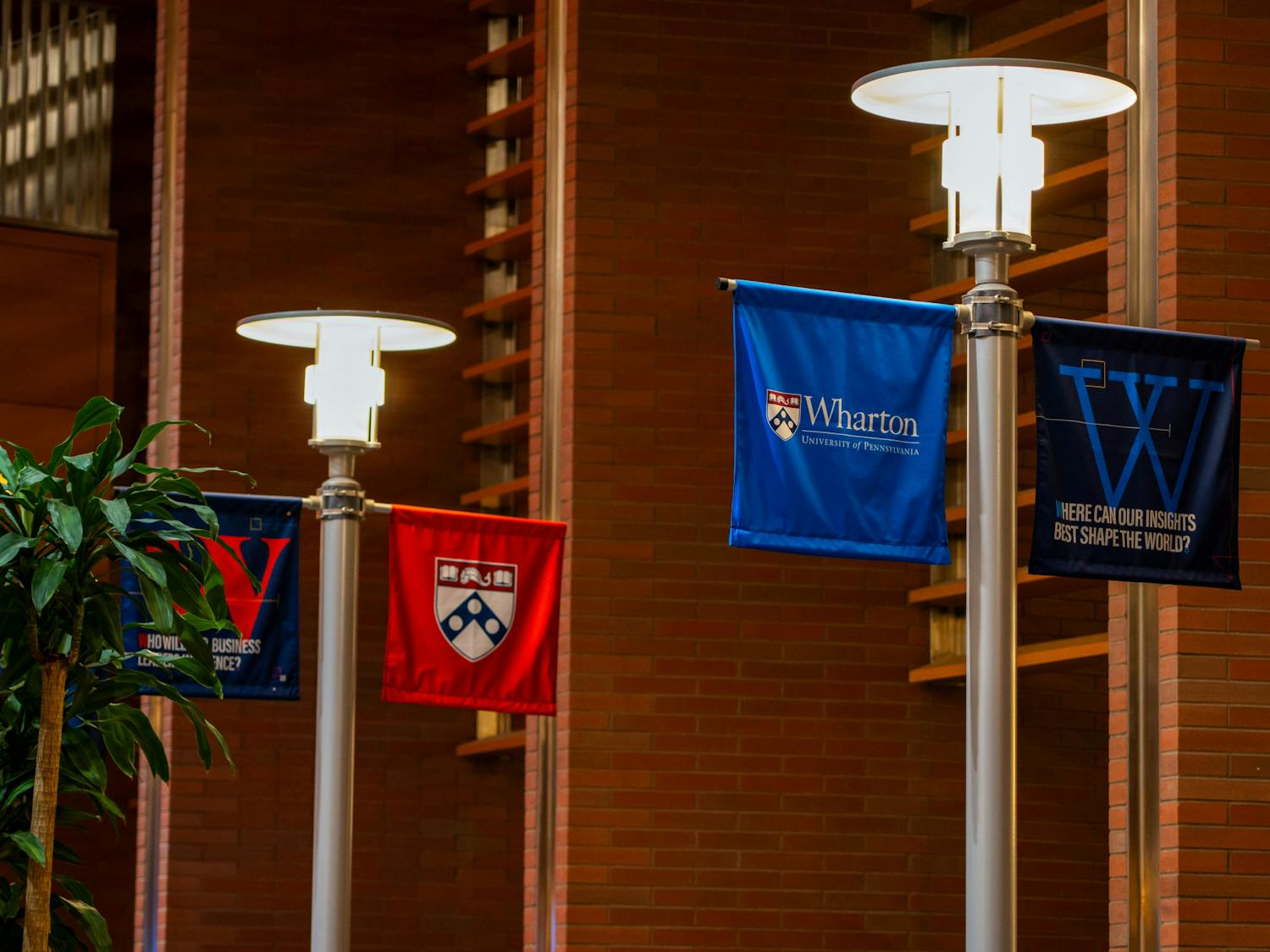In light of the global monkeypox outbreak, Wellness at Penn is monitoring cases in the Philadelphia area and has implemented protocols for the possibility of an outbreak on campus.
There have been no cases at Penn this semester and the risk of an outbreak on campus remains “extremely low,” according to Associate Director of Public Health and Wellbeing Rebecca Huxta. There have been 420 cases in Philadelphia in total with 40 cases during the week of Aug. 28 to Sept. 4 — a downward trend from weeks prior. There have been 672 cases of monkeypox in total across Pennsylvania as of Sept. 13.
Penn's Public Health and Wellbeing team is working with the Philadelphia Department of Public Health to determine risk on campus and appropriate safety measures, Huxta said. Wellness at Penn plans to host a “Lunch-n-Learn” session on Wednesday to provide information and answer questions surrounding the outbreak.
Monkeypox, a virus that causes flu-like symptoms and a characteristic skin rash, was declared a national public health emergency on Aug. 4 by the Biden administration. Monkeypox is notably less transmissible than COVID-19 and is transmitted through prolonged exposure, primarily through skin-to-skin contact.
Huxta said that if a student has a known exposure to monkeypox, they should first call Student Health and Counseling to speak with a medical provider, during which they can schedule an in-person test. Since test results take up to four days, students should isolate until they receive their results.
Because the monkeypox test requires swabbing a lesion, it's important for students to complete a phone evaluation to determine if testing is necessary or possible. In the case a student living on-campus tests positive, they will move into isolation housing, as the Centers for Disease Control and Prevention considers college housing to be congregate living spaces.
Huxta said there is no set timeline for monkeypox isolation and that it depends on different factors compared to COVID-19.
"It really has to do with how your symptoms are resolving," Huxta said, adding that new skin has to form over the infected area. "For some people, that looks like two weeks, but some people could look up to even 28 days. There's really a big window for how long isolation lasts."
RELATED:
Everything you need to know about COVID-19 policies on campus this fall
Philadelphia receives additional monkeypox vaccines as cases rise nationwide
Student Health and Counseling Medical Director Vanessa Stoloff told The Daily Pennsylvanian that monkeypox is contracted via "prolonged, close contact," adding that in addition to practicing safe sex, maintaining proper hygiene and not sharing bedding or towels is also important.
While the disease can be transmitted to anyone, the monkeypox outbreak has disproportionately affected sexually active gay and bisexual men. There is currently a limited supply of the monkeypox vaccine and vaccination is limited to those identified as high-risk by the PDPH. Individuals at high risk of infection are encouraged to check eligibility to receive the vaccine on the PDPH website.
For now, students should practice good hygiene to reduce their risk of transmission, according to Huxta. Good practices include proper hand-washing; cleaning shared spaces and highly touched surfaces; avoiding sharing items (e.g., vape pens/e-cigarettes, dishes, bedding, towels, etc.); avoiding engaging in high-risk behavior with people that are symptomatic or have tested positive; and practicing open communication with sexual partners.









